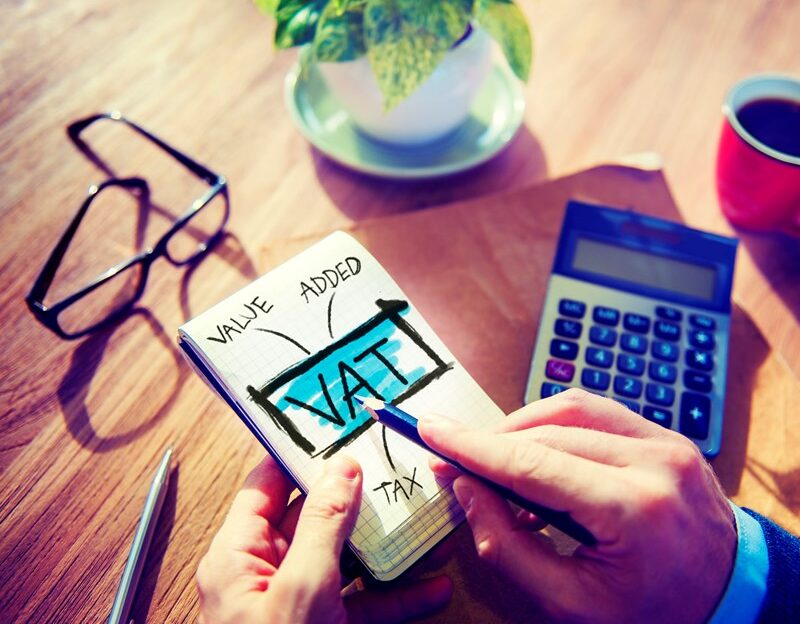Maybe – maybe not! In certain circumstances special ‘transfer of a business as a going concern’ (TOGC) rules apply and the sale will not be treated as a supply for VAT purposes, so no VAT should be charged. To qualify as a TOGC, the assets sold must be both of the following:
- capable of forming a separate business in their own right
- used by the purchaser to carry on the same kind of business as that operated by the seller.
‘Going concern’ means that, at the point of sale, the business is both:
- live or operating, and
- has all parts and features necessary to keep it in operation, as distinct from its being just a collection of assets.
For there to be a TOGC for VAT purposes, all of the following must apply:
- the assets, such as stock-in-trade, machinery, goodwill, premises, and fixtures and fittings, must be sold as part of the TOGC
- the buyer must intend to use the assets in carrying on the same kind of business as the seller – this does not need to be identical to that of the seller, but the buyer must be in possession of a business rather than simply a set of assets
- where the seller is a registered for VAT, the buyer must also be registered already or register as the result of the transfer
- in respect of commercial land or buildings which would be standard-rated if it were supplied, the buyer must notify HMRC that they have opted to tax the land by the relevant date, and must notify the seller that their option has not been disapplied by the same date
- if only part of the business is sold it must be capable of operating separately
- a series of immediately consecutive transfers of the business between different owners is not a TOGC
The TOGC rules are compulsory, you can’t opt out of them – if they apply you must not charge VAT on the sale. If you charge VAT incorrectly, the purchaser will not be able to reclaim the VAT paid from HMRC; you will have to issue a credit note and refund them the VAT amount they paid you.
VAT Notice 700/9 contains the full legal guidance on this topic. This is a complex area, you should take professional advice from a VAT expert before committing to any action – get in touch with us if you would like our help in navigating this minefield.







